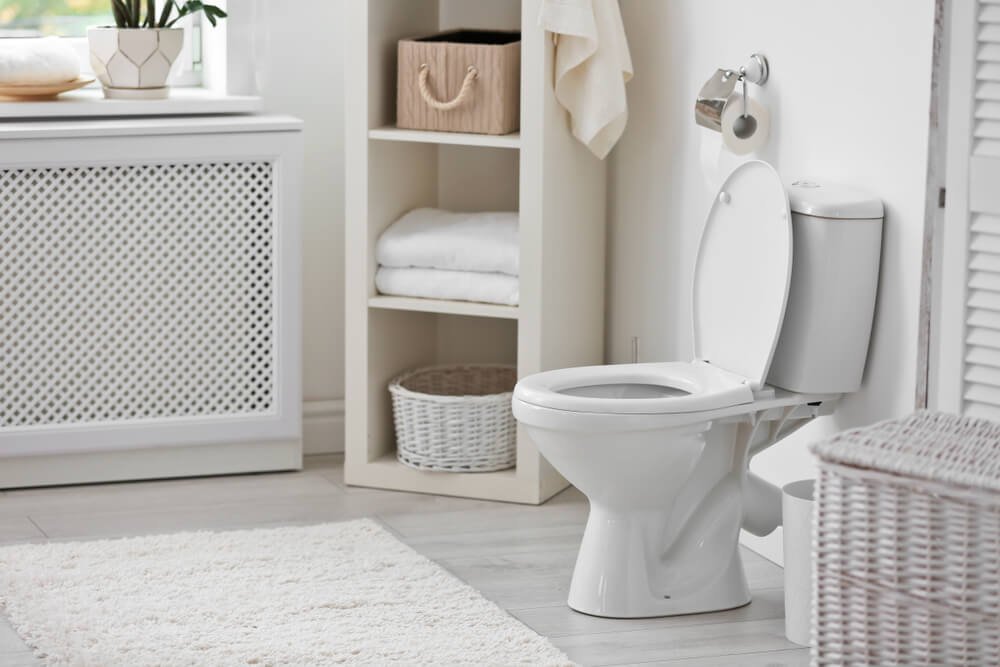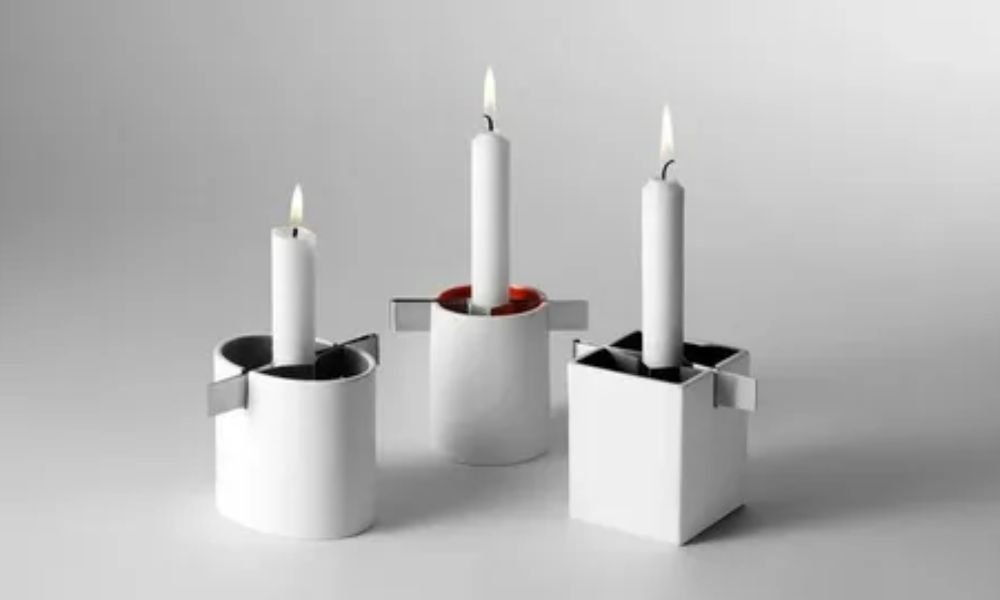Seasonal changes bring a variety of shifts in our environment, from temperature fluctuations to changes in precipitation. While these variations are welcome for many aspects of nature, they can also have a surprising impact on our household plumbing. In Marlborough, homeowners have noted that different times of the year can influence the occurrence of toilet blockages. In this blog, we will explore how seasonal changes affect blocked toilets, the underlying reasons behind these effects, and the steps you can take to prevent problems throughout the year.
The Connection Between Weather and Plumbing
Plumbing systems are not immune to the influence of weather. Temperature, humidity, and precipitation levels all play a role in the functioning of your pipes and drainage systems. In colder months, for example, freezing temperatures can cause pipes to contract, potentially leading to cracks or leaks. On the other hand, warmer weather might speed up the deterioration of older systems due to increased bacterial activity and the effects of hard water. Understanding these seasonal influences is key to managing and preventing blockages.
Winter Woes: The Effects of Cold Temperatures
During winter, the low temperatures in Marlborough can have a direct impact on your plumbing. One common issue is the risk of frozen pipes. When water freezes, it expands and puts pressure on the pipes, which can result in cracks or even burst pipes. While a frozen pipe might not immediately lead to a blockage, the damage can cause debris, corrosion, or sediment to enter the drainage system, increasing the chance of clogs.
Another winter-related challenge is the formation of ice in outdoor drainage systems. When temperatures drop, any water left in external pipes can freeze, forming ice that blocks the normal flow. If this blockage is near the connection to your home, it might cause water to back up into your toilet, exacerbating an existing problem.
Tips for Winter Plumbing Care
-
Insulate Pipes: Use foam insulation or heat tape on exposed pipes to prevent freezing.
-
Allow Faucets to Drip: A slow trickle of water can help prevent pipes from freezing by reducing the pressure buildup.
-
Check Outdoor Drains: Regularly inspect and clear any debris from outdoor drains to minimize the risk of ice formation.
Spring Showers: Increased Precipitation and Drainage Challenges
Spring is known for its unpredictable weather and increased rainfall. As the snow melts and rain becomes more frequent, the ground can become saturated. This saturation can put extra strain on your home’s drainage system, sometimes causing water to back up if the system is already compromised by blockages or outdated infrastructure.
The surge of water from melting snow and rain can also wash debris, dirt, and sediment into your drainage system. These particles may accumulate over time and lead to clogs, particularly in older homes with aging pipes. Moreover, the influx of water can dislodge settled particles, sending them further down the pipe where they combine with existing build-up, eventually causing a blockage.
Spring Maintenance Strategies
-
Clear Gutters and Drains: Regularly remove leaves, twigs, and other debris from gutters and downspouts to ensure water flows freely.
-
Inspect for Leaks: Check pipes and seals for any signs of leaks or damage that may have occurred over the winter.
-
Schedule a Professional Inspection: Early spring is an ideal time to have a plumber inspect your system for any damage or potential blockages before the rainy season intensifies.
Summer Heat: The Impact of High Temperatures
As temperatures rise during the summer months, the effects on your plumbing might be less direct but are still significant. High temperatures can accelerate the rate at which organic material and waste decompose in your pipes. While this might sound beneficial, the rapid breakdown of waste can sometimes result in the formation of sediment or grease that clings to the interior of the pipes, gradually building up and restricting water flow.
Furthermore, summer is often a time when people use more water for gardening, outdoor cleaning, and other activities. This increased water usage can put additional pressure on an already stressed plumbing system, especially if it is older or has not been maintained properly. The combination of high water demand and the accelerated formation of deposits can lead to a higher risk of blockages.
Summer Plumbing Prevention
-
Monitor Water Usage: Keep an eye on how much water is being used and try to avoid excessive demand on your plumbing system.
-
Flush Regularly: Periodically flush your pipes with hot water to help dissolve any accumulated grease or sediment.
-
Avoid Chemical Drain Cleaners: During high temperatures, chemical cleaners can react more strongly, potentially damaging your pipes. Instead, use natural or mechanical methods to clear clogs.
Autumn: Transitional Time and Preparation for Winter
Autumn marks the transition from the heat of summer to the cold of winter. This period is crucial for preparing your plumbing for the upcoming cold months. As temperatures begin to drop, the risk of frozen pipes increases. At the same time, falling leaves and other organic matter can start to clog outdoor drains, which may eventually affect your indoor plumbing.
During autumn, it’s important to shift your focus to preventive maintenance. This involves not only clearing debris from external drainage systems but also ensuring that your indoor plumbing is in good condition. A thorough cleaning of your toilet and pipes can remove any build-up that may have accumulated over the warmer months, reducing the risk of blockages when the temperatures drop.
Autumn Maintenance Checklist
-
Clean Out Gutters: Remove leaves and debris that have accumulated on your roof and in your gutters.
-
Inspect Indoor Drains: Check all sinks, toilets, and showers for signs of slow drainage or partial blockages.
-
Seal Leaks and Cracks: Inspect your pipes for any damage and repair leaks or cracks to prevent water intrusion and freezing.
-
Schedule a Plumbing Inspection: Consider having a professional assess your plumbing system before the winter sets in.
The Role of “Blocked Toilets Marlborough” in Local Plumbing Issues
Local homeowners often refer to Blocked Toilets Marlborough when seeking advice and solutions specific to the area. This term encapsulates the unique challenges faced by residents due to the interplay between seasonal changes and aging infrastructure. By understanding how each season affects your plumbing, you can take proactive steps to reduce the likelihood of blockages and maintain a healthy home environment.
Long-Term Benefits of Seasonal Plumbing Maintenance
Investing time and effort into regular plumbing maintenance, especially with seasonal adjustments, has long-term benefits that go beyond preventing blockages. Here are some advantages of staying proactive:
-
Cost Savings: Regular maintenance helps identify potential issues before they become major problems, saving you from expensive emergency repairs.
-
Improved Efficiency: A well-maintained plumbing system operates more efficiently, reducing water waste and lowering utility bills.
-
Enhanced Home Value: Up-to-date and properly maintained plumbing can increase your home’s resale value, making it an attractive feature for future buyers.
-
Better Health and Safety: Preventing blockages and leaks helps maintain a clean and healthy home environment, reducing the risk of mold, bacteria, and other hazards.
Practical Tips for Year-Round Plumbing Care
No matter the season, there are several practical tips you can adopt to keep your plumbing in good shape:
-
Educate Your Household: Make sure everyone knows what should and should not be flushed. Simple changes in behavior can significantly reduce the risk of blockages.
-
Invest in Quality Fixtures: Modern plumbing fixtures are designed to handle waste more efficiently and can reduce the likelihood of clogs.
-
Keep Tools on Hand: Equip your home with basic plumbing tools like a plunger, a plumbing snake, and protective gloves. Quick access to these tools can prevent a minor clog from becoming a major issue.
-
Stay Informed: Follow local news and updates on plumbing trends and seasonal weather patterns in Marlborough. Being aware of upcoming weather conditions can help you prepare and act accordingly.
Recognizing the Early Signs of Blockages
An essential part of maintaining your plumbing is being able to recognize the early signs of a blockage. Catching problems early can prevent a minor inconvenience from escalating into a costly repair. Here are some signs to watch out for:
-
Slow Draining: If water is taking longer than usual to drain from your toilet or sink, it could indicate a developing blockage.
-
Gurgling Sounds: Unusual noises during flushing or water running can signal air being forced through a partial blockage.
-
Unpleasant Odors: Persistent smells around your bathroom may be a sign of stagnant waste in your pipes.
-
Water Backup: If water begins to back up, not only in your toilet but also in adjacent fixtures, it is time to investigate further.
When to Call a Professional
While many blockages can be handled with DIY methods and regular maintenance, there are times when professional help is necessary. If you notice recurring issues or if the blockage seems to be part of a larger problem within your plumbing system, don’t hesitate to contact a licensed plumber. Professionals have the expertise and tools to diagnose and repair issues that may be hidden behind walls or deep within your piping system.
Final Thoughts
Seasonal changes undoubtedly have a profound effect on our environment, and our plumbing systems are no exception. In Marlborough, fluctuations in temperature, humidity, and precipitation create unique challenges for maintaining a blockage-free plumbing system. By understanding the influence of each season—from the freezing winters to the heavy rains of spring, the intense heat of summer, and the transitional period in autumn—you can take proactive steps to prevent blockages and ensure your home remains safe and functional year-round.
Regular maintenance, informed preventive measures, and timely professional intervention are key to keeping your drains flowing smoothly. Whether you’re dealing with a minor clog or preparing your plumbing system for the harsh winter ahead, these strategies can help you transform a potential headache into an opportunity for gain. With a little effort and vigilance, you can ensure that your plumbing system withstands the challenges posed by seasonal changes, keeping your home comfortable and secure.
Taking care of your plumbing is not just about avoiding inconvenience—it’s also about safeguarding your investment and protecting your family’s health. Stay proactive, follow the tips outlined here, and enjoy the peace of mind that comes from knowing your home’s plumbing is prepared to handle whatever the seasons may bring.









